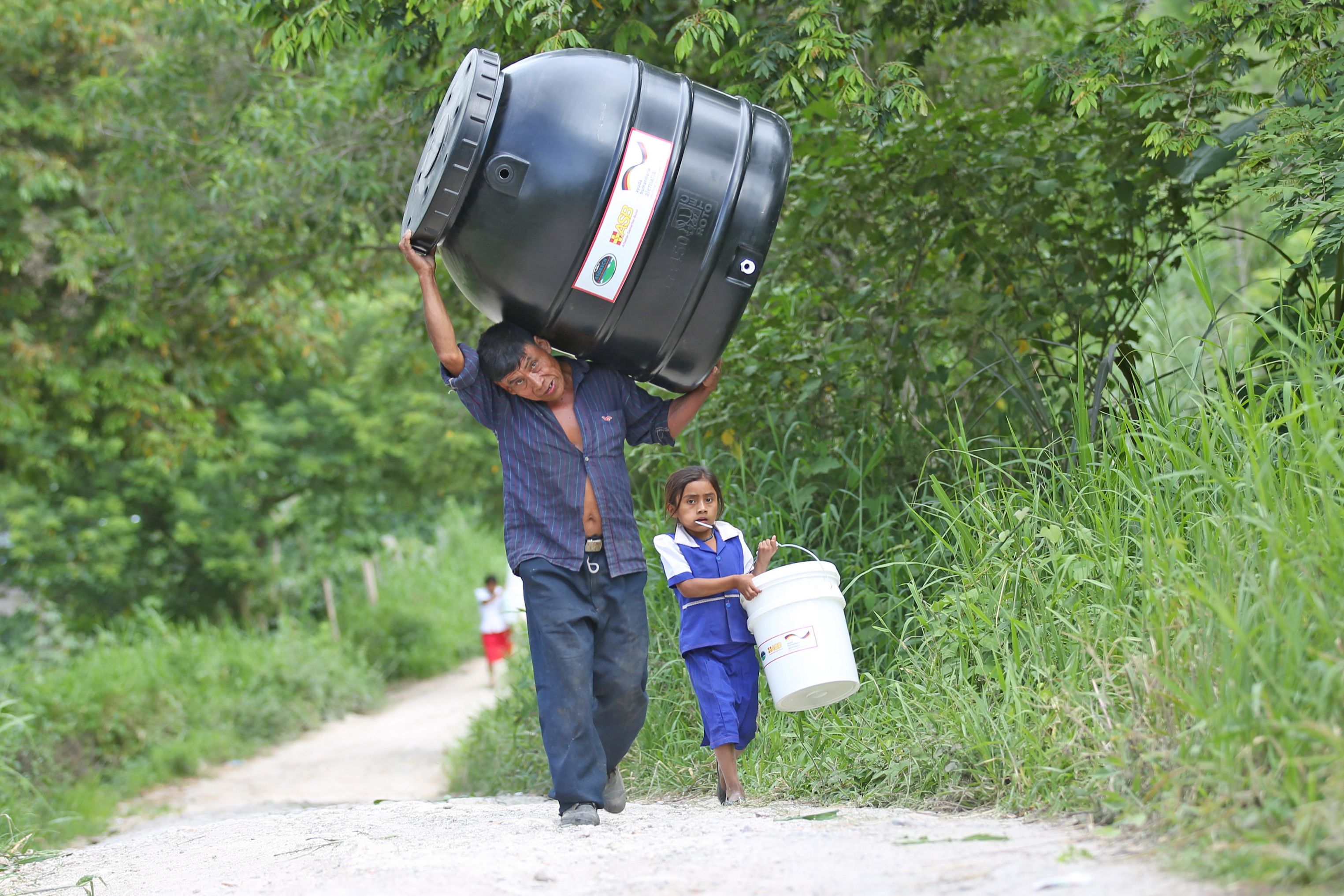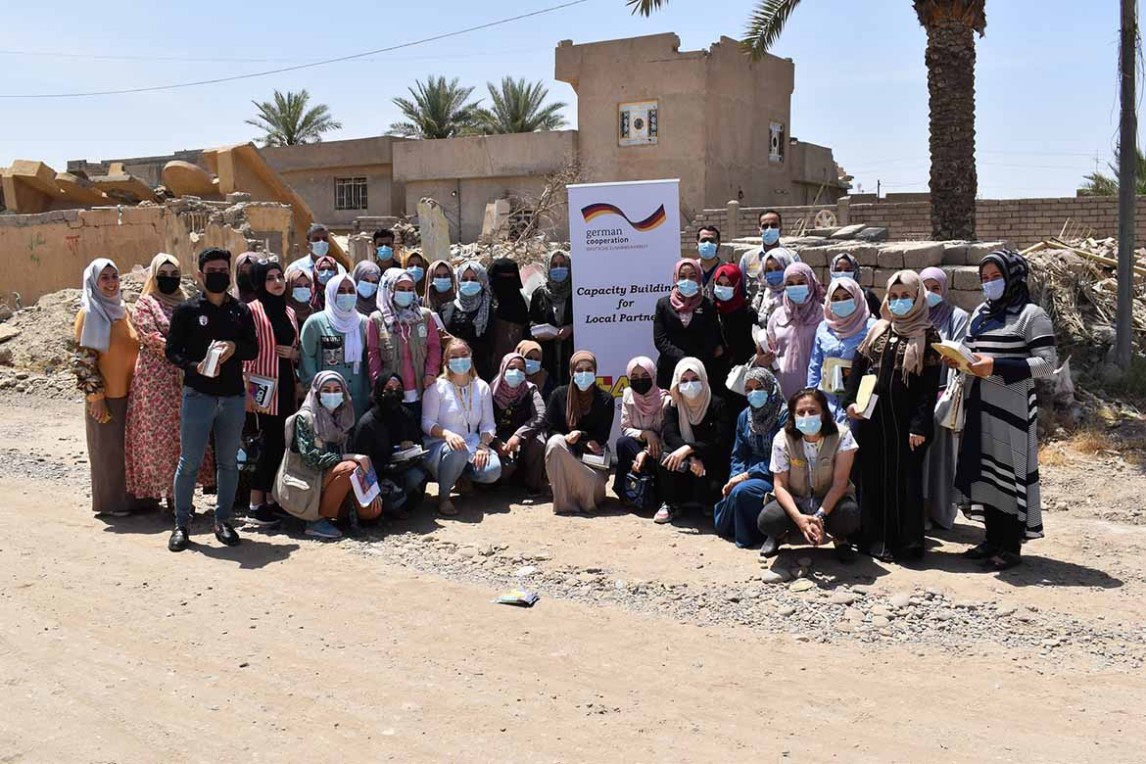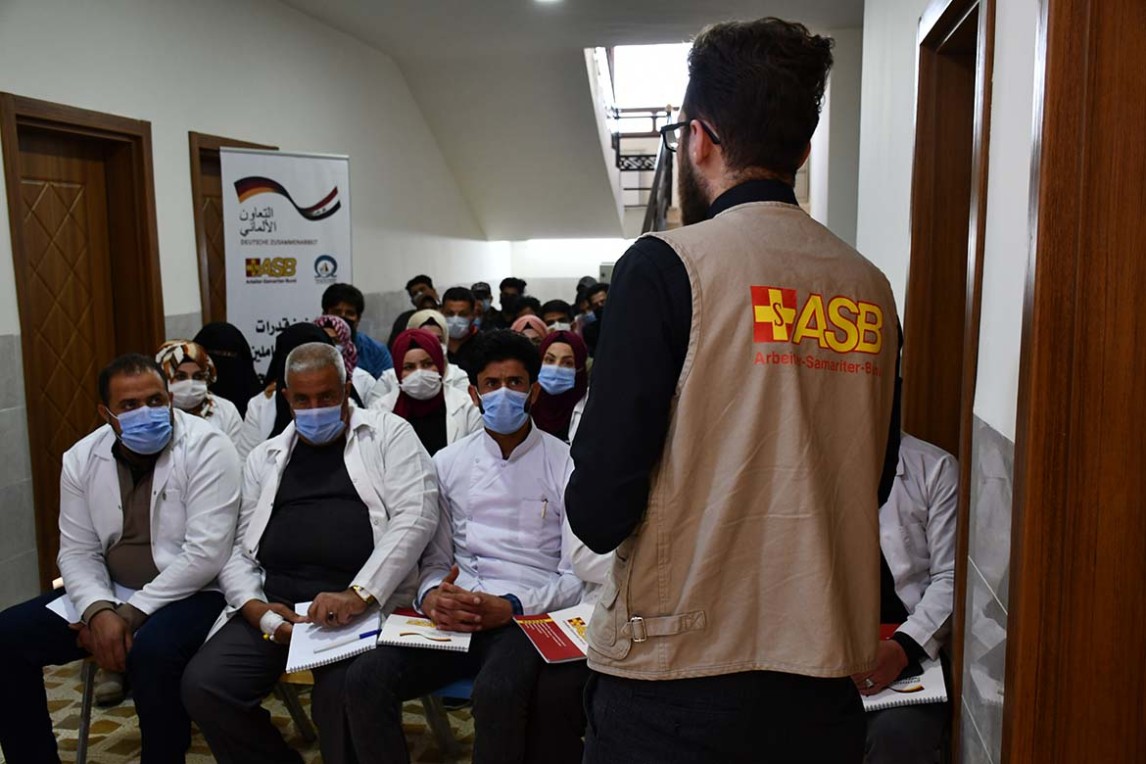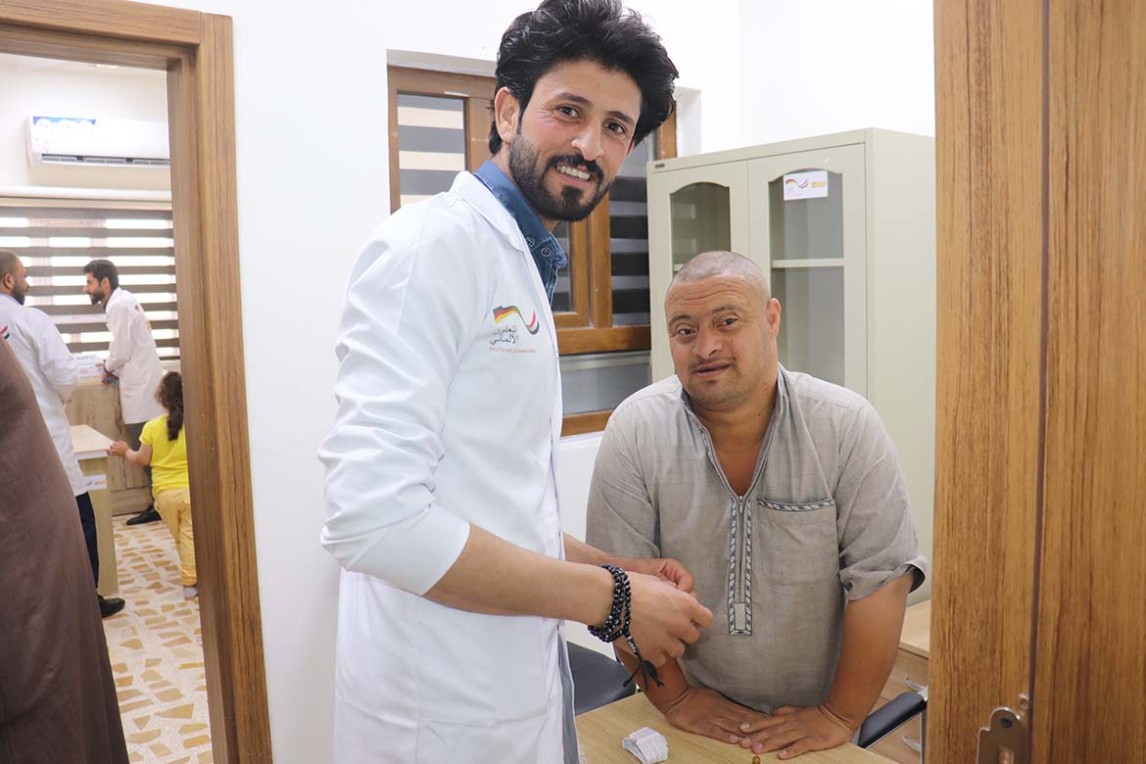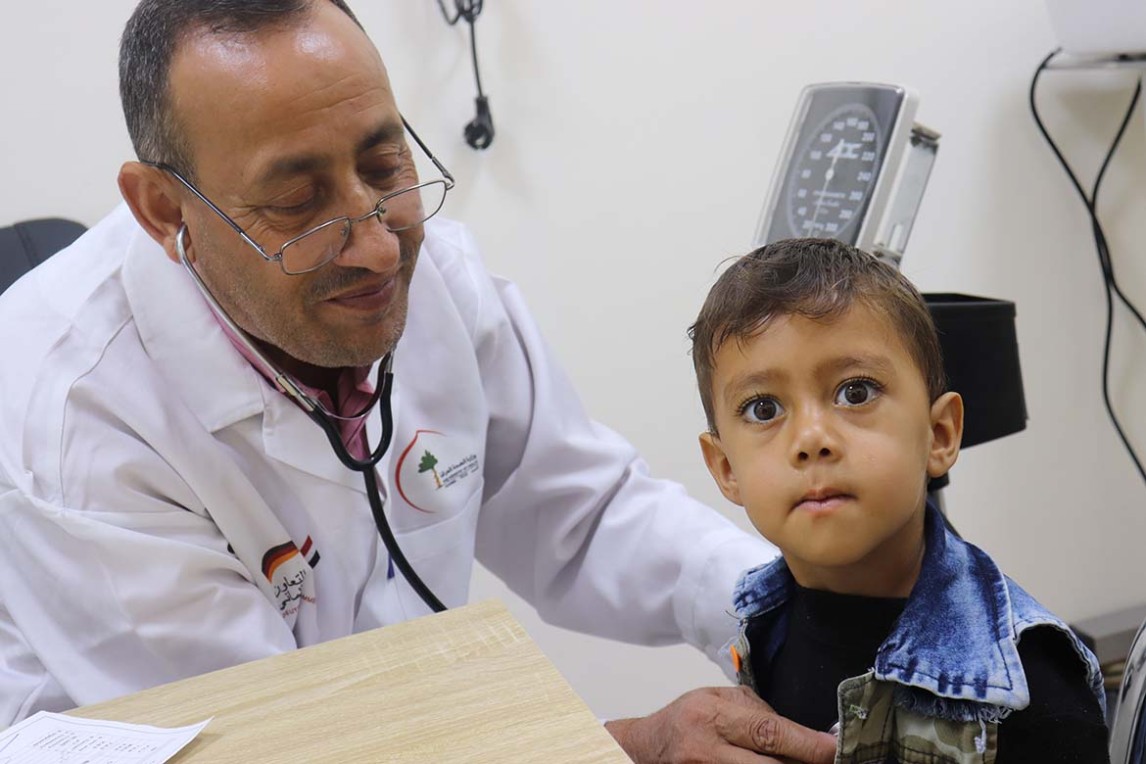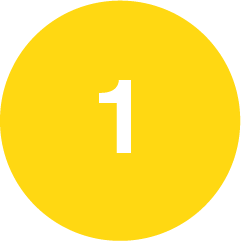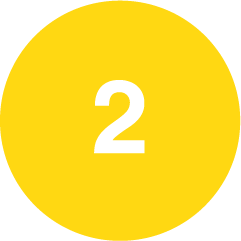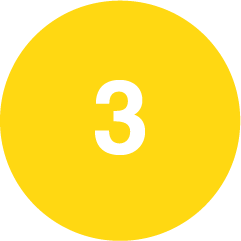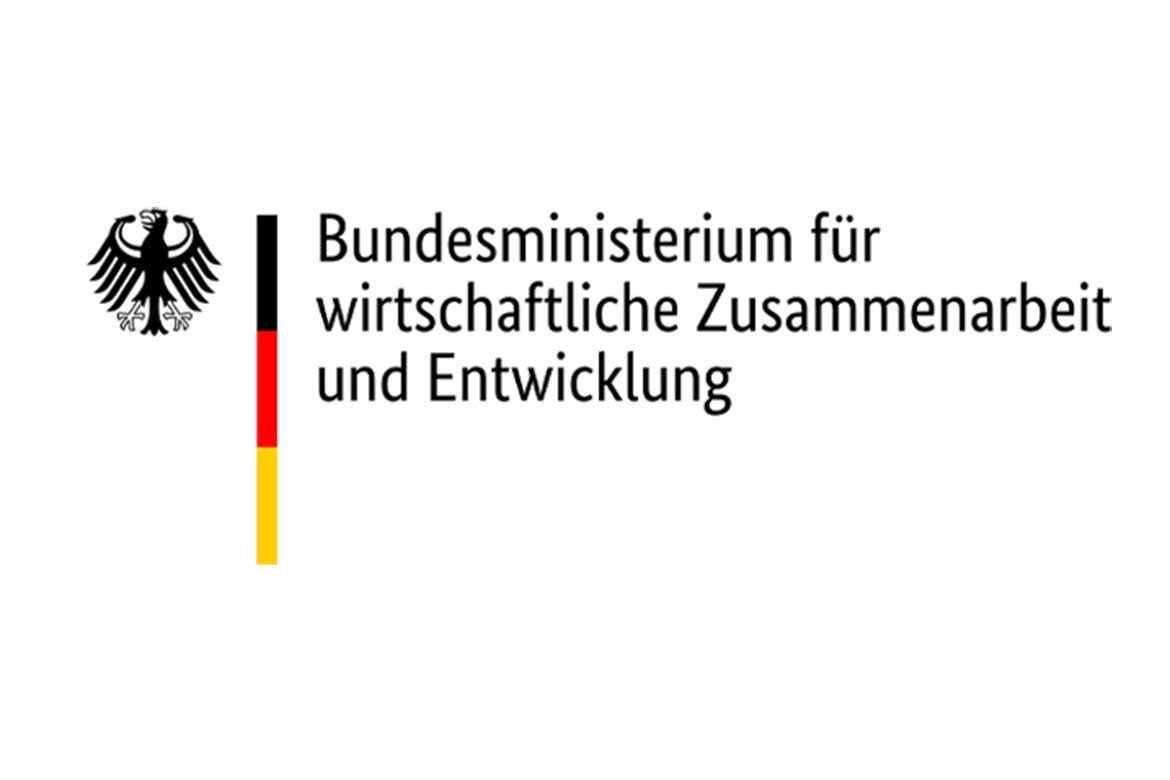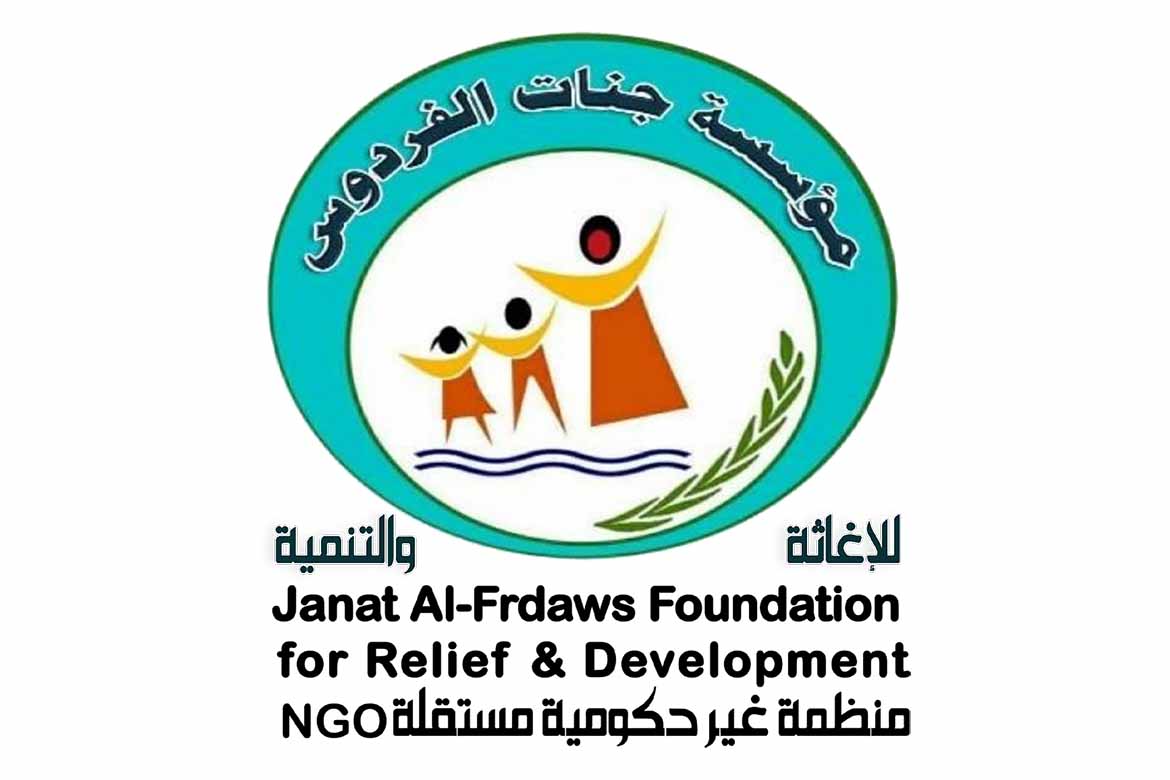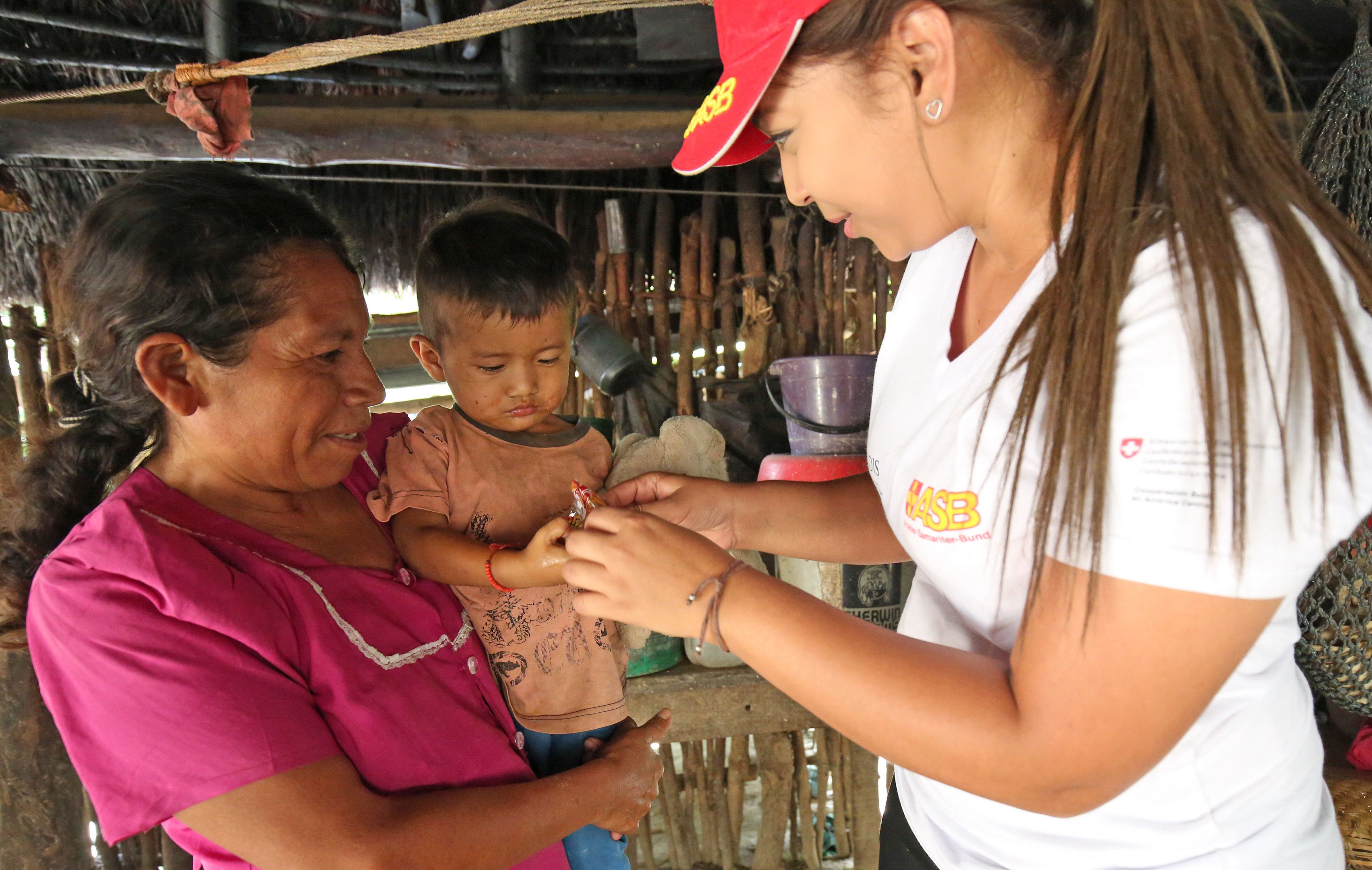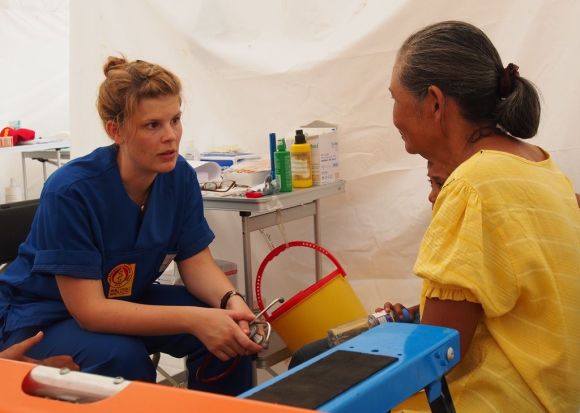-

Project title: Strengthening health structures in a sustainable manner to improve the availability of gender-sensitive primary healthcare for the population in Saladin, Iraq
-

Project region: Saladin province, Tikrit district, Shirqat district, Baiji district
-

Project volume: € 3.50 million
-

Financing: BMZ transitional aid
-

Duration: 01/10/2020 - 31/12/2024
-

Target group: People living in the catchment area of three health centres (residents, returnees, internally displaced persons, women of reproductive age, children, the elderly, people with disabilities, people living in poverty), community-based civil society organisations
